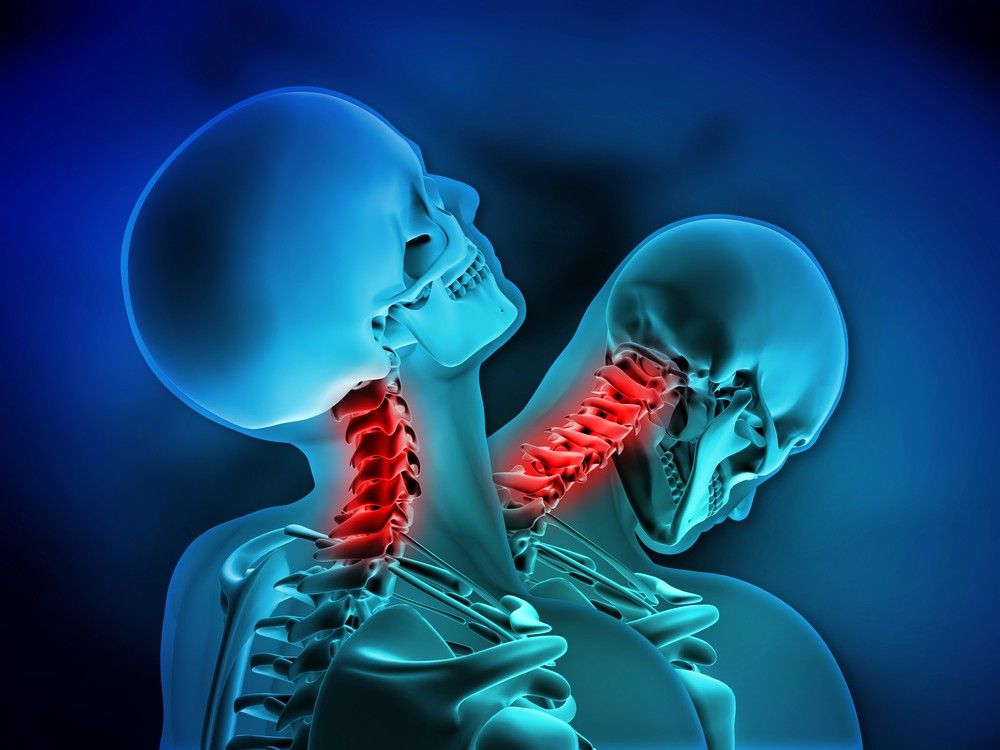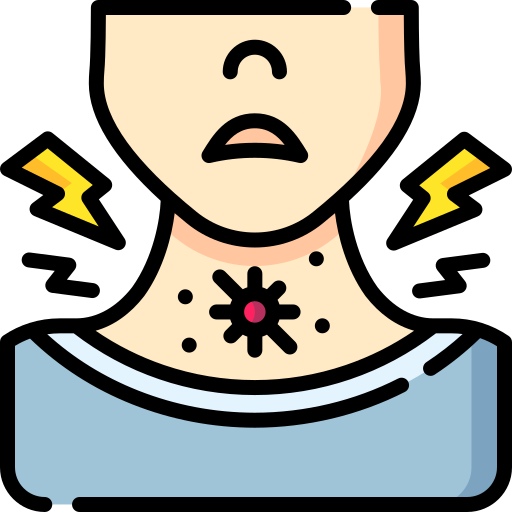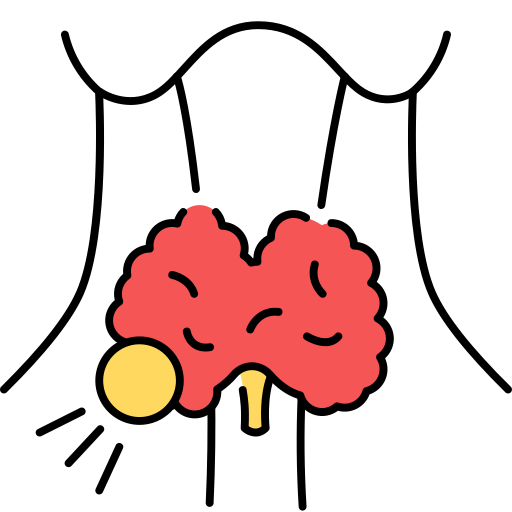About Us
Dr. Nitin Singhal: Best Head and Neck Cancer Surgeon in Ahmedabad
Dr Nitin Singhal is a leading robotic and HIPEC cancer surgeon with 15+ years of experience and more than 5,000 successful major cancer surgeries. He is a pioneer in the management of complex cancers, including gastrointestinal, gynaecological, urological, and advanced head and neck malignancies, with expertise in minimally invasive robotic techniques and HIPEC procedures.
In head and neck cancer care, patients need more than just surgical precision—they need compassion and personalised attention. Dr Singhal stands out for combining advanced surgical skills with a human touch, ensuring patients feel respected, supported, and cared for throughout treatment.
When you choose Dr Nitin Singhal, you are choosing the best head and neck cancer surgeon in Ahmedabad—a trusted expert who offers world-class cancer care along with genuine empathy. With him, you don’t just have a surgeon—you have a partner walking with you every step of your cancer journey.









